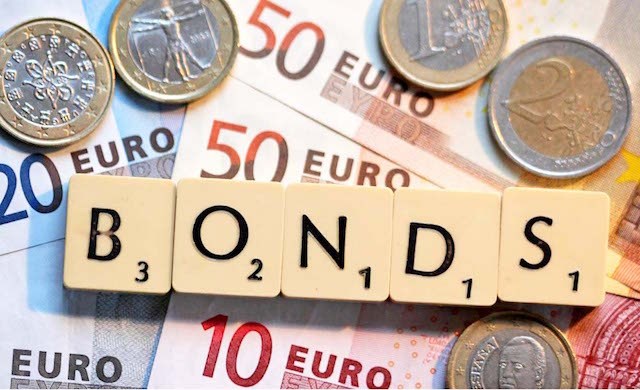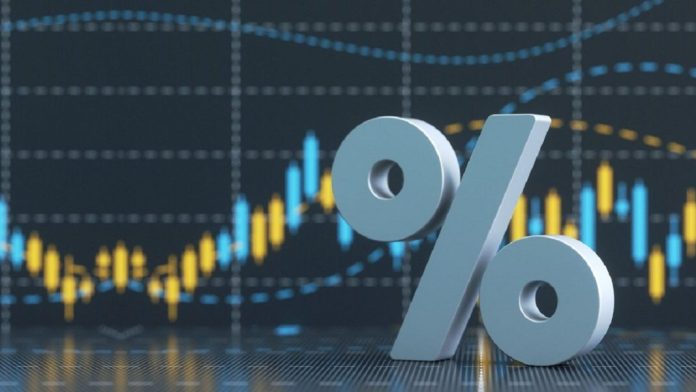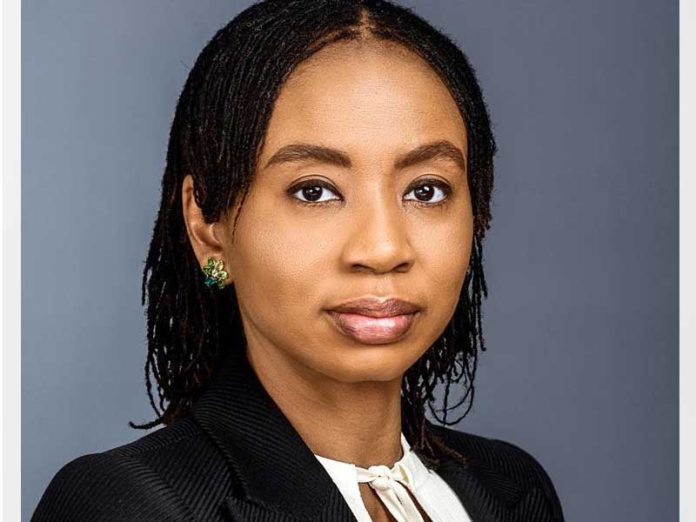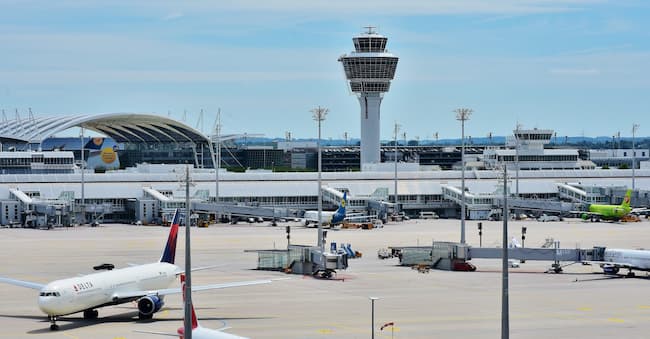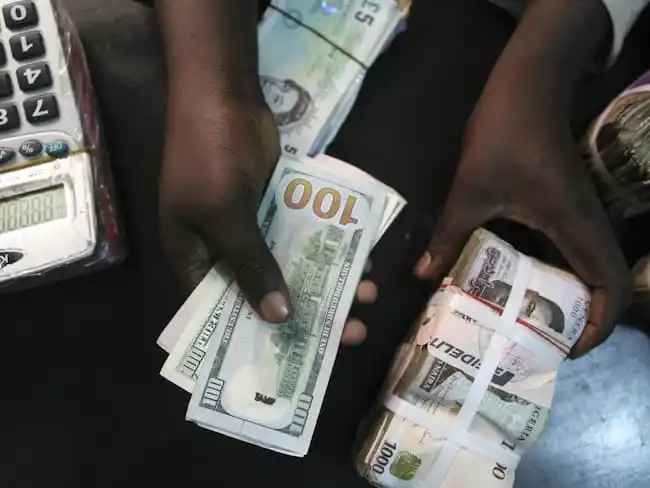Yenagoa hosted the Manufacturers Association of Nigeria (MAN) AGM for its Rivers/Bayelsa branch on November 13–14, 2025, marking the first time the body has gathered in Bayelsa State. The event brought together top manufacturers, policymakers, and development experts to explore how the region can position itself as a manufacturing and blue-economy hub.
Governor Douye Diri officially opened the conference at the DSP Alamieyeseigha Memorial Banquet Hall, emphasizing that industrial growth in Bayelsa aligns with his administration’s development agenda. In his remarks, he highlighted current investments in infrastructure, human capital, and power as critical to transforming the state into a manufacturing powerhouse.
A keynote address by Prof. Silver Opuala-Charles, former Bayelsa commissioner of finance and international economics expert, warned that the Niger Delta’s non-oil economy is being held back by poor trade infrastructure. He pointed to defunct ports, dilapidated roads, lack of rail links, and outdated logistics systems. “This region should be Nigeria’s industrial heartbeat,” he said, “but we are crippled by infrastructure failure and unreliable power supply.”
Panel discussions at the AGM focused on a bold proposal to develop a coastal industrial transport corridor from Benin to Calabar. Stakeholders called for partnership with the Niger Delta Development Commission (NDDC) and the two states to jointly invest in a rail route to complement the failing East-West Road and uncertain coastal highway. They argued this could attract industries to locate along the corridor and bring power infrastructure, boosting economic transformation.
Manufacturers also urged the establishment of industrial parks in Rivers and Bayelsa, offering secure land, steady power, tax incentives and guaranteed markets. Experts from MAN argued these parks would be game-changers, especially if gas-powered through public–private partnerships. Gas, they said, is not only a cost-effective fuel but a strategic input for future industry in the Delta.
The blue economy emerged as a central theme. Attendees highlighted opportunities in maritime-based manufacturing, fish processing, ship repair, seaweed farming and ocean energy. They argued that leveraging the region’s coastline would diversify economic activities beyond oil and generate sustainable jobs.
Ehizogie N. Olotu, Sales and Commercial Manager at Shell Nigeria Gas, presented a paper calling on state and federal governments to create gas-powered industrial clusters, innovation zones and free trade areas. He urged that incentives and infrastructure support be provided to ensure the Delta competes regionally.
Governor Diri welcomed the vision, telling the gathering that Bayelsa’s future lies in industrialisation built on its unique resources and geography. MAN’s Rivers/Bayelsa chairman, Vincent Okuku, thanked the governor and urged a focused push to tackle high energy costs, unstable electricity, transport bottlenecks, multiple taxes and poor policy coordination, which remain major obstacles to growth. MAN President Francis Meshioye noted that with the right policy and investment backing, the Niger Delta could become a regional industrial hub.
At the end of the AGM, a communiqué was signed calling for coordinated efforts to build infrastructure, institutionalise regular investor-government dialogues, drive blue economy businesses, deepen public-private partnerships, invest in skills and adopt sustainable, export-ready manufacturing clusters. The statement said that unlocking the Delta’s industrial potential depends on collaboration across government, the private sector and development partners.
Observers say the real test begins now: implementing the “Yenagoa Declaration” could hinge on commitments from the NDDC and federal authorities around the proposed rail corridor and industrial parks.












